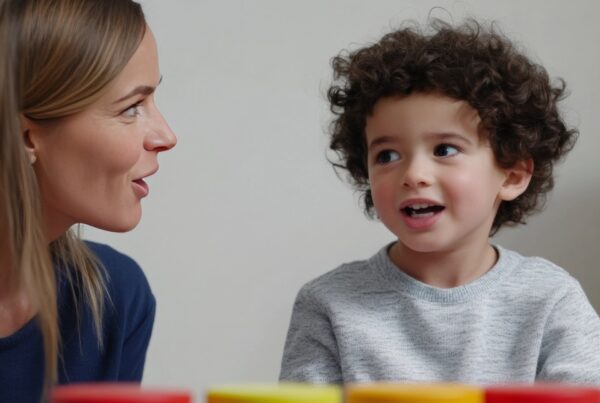Managing a child’s anxiety about returning to school can be challenging, but there are several strategies that can help ease their transition and make the experience more positive. Here’s a comprehensive approach:
Open Communication
- Listen Actively: Let your child express their feelings and fears without judgment. Sometimes just talking about their worries can make a big difference.
- Validate Their Feelings: Acknowledge that it’s normal to feel anxious about returning to school. Reassure them that their feelings are valid and you’re there to support them.
Prepare Gradually
- Establish a Routine: Start adjusting to the school routine a few weeks before school starts. This can include setting up regular bedtimes and wake-up times.
- Visit the School: If possible, visit the school together. Familiarizing your child with their new classroom or meeting their teacher beforehand can help reduce anxiety.
- Practice Transitions: Rehearse what the first day will look like. Discussing the daily schedule or role-playing different scenarios can help your child feel more prepared.
Create a Positive Environment
- Stay Positive: Keep a positive attitude about school and emphasize the exciting aspects, such as seeing friends or engaging in fun activities.
- Set Up a Comforting Space: Create a space at home where your child can relax and feel secure. This can help them manage their anxiety and provide a retreat if needed.
Encourage Social Connections
- Foster Friendships: Encourage your child to connect with friends before school starts. Having a familiar face can make the transition smoother.
- Participate in Activities: Engage your child in extracurricular activities or playdates to help build confidence and social skills.
Teach Coping Strategies
- Deep Breathing: Teach your child deep breathing exercises or other relaxation techniques to help manage stress.
- Positive Self-Talk: Help your child develop a positive inner dialogue to counteract negative thoughts about school.
Work with the School
- Communicate with Teachers: Inform your child’s teacher about their anxiety. Teachers can offer additional support and monitor your child’s adjustment.
- Develop an Action Plan: If necessary, work with school counselors or psychologists to create an action plan that addresses your child’s specific needs.
Monitor and Adjust
- Watch for Signs: Keep an eye on any changes in behavior or signs of distress. If anxiety persists or worsens, consider seeking support from a mental health professional.
- Celebrate Progress: Acknowledge and celebrate your child’s successes and improvements, no matter how small. This can help build their confidence.
Self-Care for Parents
- Manage Your Own Stress: Your own anxiety can impact your child. Practice stress management techniques and seek support if needed.
- Stay Informed: Educate yourself about child anxiety and ways to address it. This can help you feel more prepared and effective in supporting your child.
Every child is different, so it might take some trial and error to find what works best for your situation. Being patient and persistent while showing understanding and love will go a long way in helping your child manage their anxiety.












